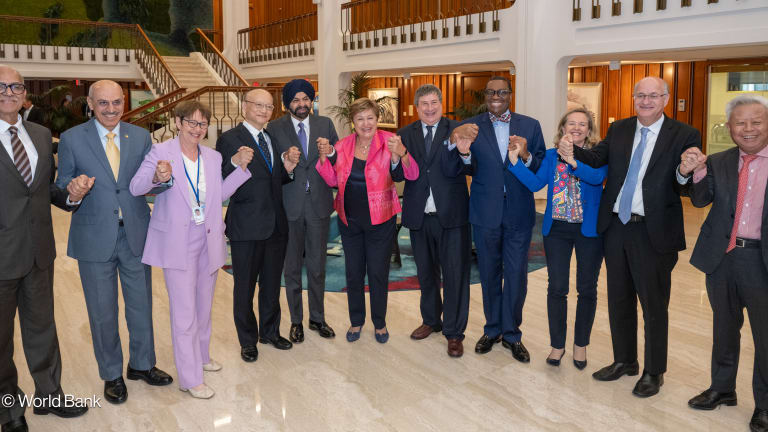With little more than five years left to achieve the Sustainable Development Goals, world leaders will gather at the Summit of the Future in New York to agree on a landmark Pact for the Future aimed at reviving flagging progress on these critical goals.
Despite laudable efforts since the SDGs were adopted by the United Nations in 2015, the world is woefully behind its targets. Even the U.N. has said that progress is so far disappointing. We must accept that our current approaches are simply not working.
The pact, therefore, must not only inspire the world to action, it must set out bold new ideas that have the potential to rapidly accelerate progress, and it mustn’t leave anyone behind.
Printing articles to share with others is a breach of our terms and conditions and copyright policy. Please use the sharing options on the left side of the article. Devex Pro members may share up to 10 articles per month using the Pro share tool ( ).








